8 Health Hazards of Yo-Yo Dieting

Up, Down, and ... Ouch!
It goes something like this: “Summer’s coming! Time to slim down.” Then, “Dessert? Yummy!” Followed by, “I can’t fit in my pants! Gotta cut back.” This is yo-yo dieting, when your weight has more ups and downs than a hotel elevator. It catches women and men, the young and the old. And it’s not just your waistline that takes a hit. It may hurt your long-term health, too.
Swipe to advance

2
/
15
Fruitless Chase
Atkins. Paleo. Whole360. Fruitarian. Skip gluten on Wednesdays unless it’s a full moon. No matter which diet your try, the data is in. And the message is clear: Diets don’t work. At least not in the long run. Sure, you can lose weight, but after a year, at least 1 in 3 of us gain it back. After 5 years? Almost no one keeps it off.
Swipe to advance
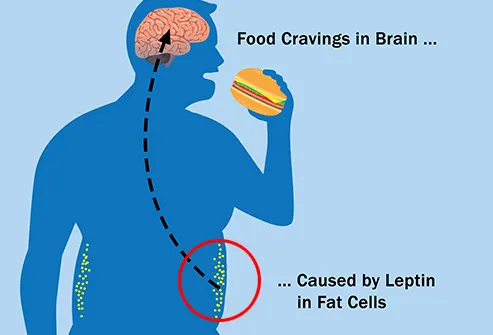
3
/
15
Your Hunger on Overdrive
Your fat cells make a hormone called leptin. It tells your brain when you have enough fat stored up. As you lose weight, less fat means less leptin. That makes you hungry. Plus, your body slows things down to save energy. So once you quit the diet, you have an oversized appetite but you burn fewer calories. That’s partly why after several cycles of yo-yo diets, you might weigh more than when you started.
Swipe to advance

4
/
15
More Fat, Less Muscle
When you drop pounds from your body, you lose both fat and muscle. When you gain it back, fat gets the fast lane and builds up first. But your appetite stays in high gear until your muscle returns, which means you keep adding fat, too. Oddly, this seems more of a problem for lean people than those who are overweight. Repeat the cycle over and over, and you get the triple whammy of more weight and fat and less muscle.
Swipe to advance
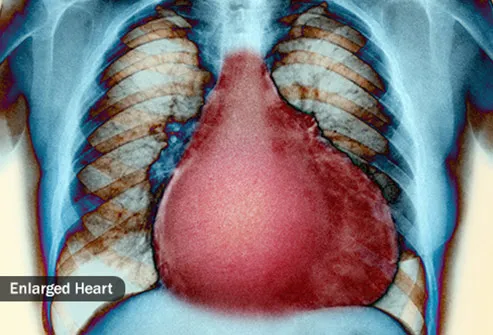
5
/
15
Deep Changes Inside Your Body
Just a few extra pounds can set off huge changes in your body. You get more inflammation, which normally helps you fight disease. And it can harm your heart and make you more resistant to insulin. Genes that can lead to an enlarged heart get switched on, too. Lose the weight, and you mostly erase these changes. But you don’t totally reset, and the long-term health effects are unclear.
Swipe to advance

6
/
15
Link Between Stress and Fat
Dieting isn’t easy. Every episode of weight gain and weight loss can toy with your mind. That alone might raise your level of cortisol, the stress hormone. And when you cut your calories? That does it, too. That’s a problem because high cortisol means you’re more likely to add fat around your belly, which raises your risk for problems like diabetes and heart disease.
Swipe to advance
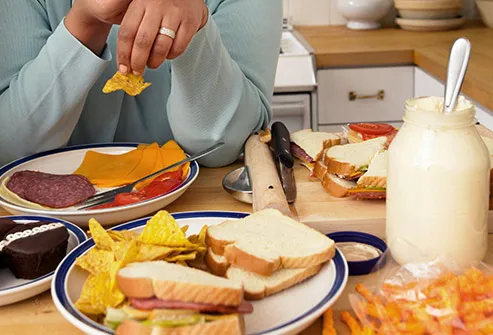
7
/
15
A Path to Binge Eating
Not everyone who yo-yo diets ends up bingeing, but it can set you up for it. It’s like stretching a rubber band too tight. When you finally let go of all the tension around short-term, gotta-lose-weight-now thinking, it’s a perfect storm to let loose. And it’s very harmful for young people, especially girls. Teens and preteens who call themselves dieters are more likely to binge eat and become overweight.
Swipe to advance
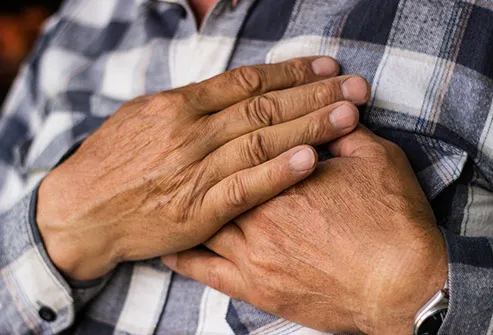
8
/
15
Links to Heart Disease
Scientists aren’t yet sure what yo-yo diets do to your heart over time. But the results so far don’t look good. In the short term, regaining weight stresses your heart and blood vessels. A large study showed that the more your weight goes up and down, the more you’re likely to have problems like angina, heart attack, and stroke. And the bigger the swings, the bigger the risk.
Swipe to advance
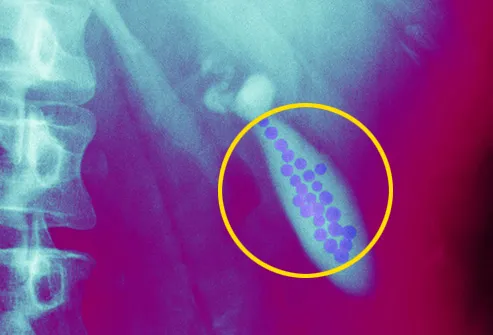
9
/
15
Links to Gallstones
You’ve heard of kidney stones. Well, your gallbladder can get stones, too. Being overweight can make you get them. Tricky thing is, so can losing weight too quickly, like on a crash diet. As you repeat the weight gain-loss cycle, your chances for having a gallstone keep going up. And the odds rise higher the more weight you lose and regain.
Swipe to advance
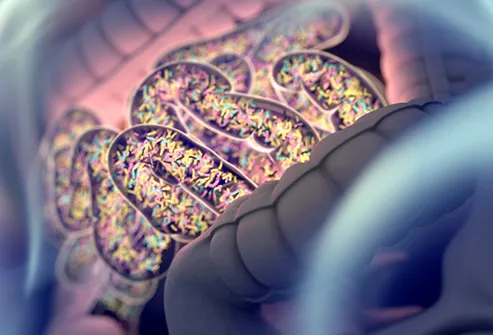
10
/
15
Messes With Gut Bacteria
Your gut’s loaded with germs. Don’t cringe. They help you digest food. And it turns out that yo-yo dieting can change the number and types of bacteria hanging out inside you. Since they play a role in everything from heart health to depression, that could affect your overall health, too.
Swipe to advance

11
/
15
Variety Is Your Friend
Skip fats. Never mind. Skip carbs. Go high in proteins? When you swing from one fad to the next, your body’s going to feel like a, well, yo-yo. And the more extreme you get, the more problems might arise. Food is a necessity, but it can start to feel like the enemy. If you don’t eat a healthy assortment, you may not get all the nutrients you need. And that can lead to serious health issues.
Swipe to advance

12
/
15
Give Yo-Yo a Shove
Scientists are divided on what yo-yo dieting means for your long-term health. Some say it’s not an issue. Others say that it affects everything from your bones to your risk for diabetes and cancer. The upshot? It’s complicated. We do know this. If you’re stuck in a yo-yo pattern, something isn’t working. And if it might harm you to boot, it’s time for a different path to a healthy weight.
Swipe to advance

13
/
15
Shift Your Mindset
Diets suck you into short-term thinking, and they can mess with your feelings around food. So it helps to step back and reset. Why do you diet? If you want to be healthier, it’s really about changing how you eat for the long term. You’ll also need to exercise regularly to keep the pounds off. So ditch the idea of a quick fix and think about how to make changes that can really work for you.
Swipe to advance

14
/
15
Set Realistic Goals
To get healthy, you need a plan that fits your life. Set goals that are small, clear, and doable. Instead of aiming to lose 20 pounds, maybe start with a pound a week. Or practice mindful eating for a week. Notice when you feel hungry or full, chew with attention, and savor your food. Start small and add more goals as you go along. It’s easier to stay motivated when you set yourself up for success.
Swipe to advance

15
/
15
Get Team Support
It’s not a matter of willpower. Your body doesn’t want to shed the weight, and it’s got all kinds of ways to hang on to it. That means you, too, need to pull hard. Gather up a team. Talk to your doctor and a dietitian. Get friends and family involved, or find an online community. You’ll need them. And tap into technology, like apps that help you track what you eat and how much exercise you get.
Swipe to advance
- Get link
- X
- Other Apps